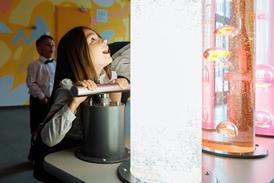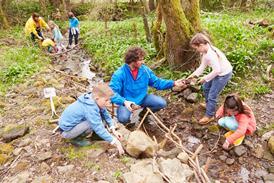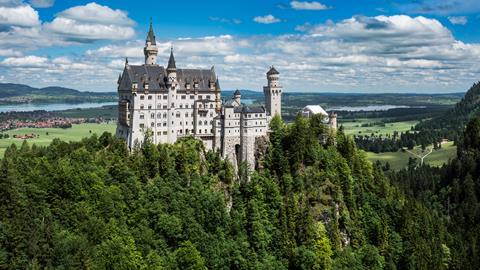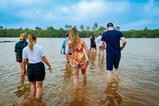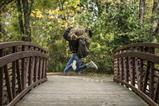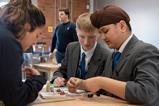Inspire your students with a visit to German, which offers a rich history, adventure and much more.
For many of us in the UK, a school trip to Germany often means one thing: Berlin. And while the capital is undoubtedly brilliant, it’s just the beginning of what this incredible country has to offer, from history to engineering and adventure.
Lakes, castles, mountains, rivers, museums and monuments, Germany is a patchwork of diverse regions, each with its own unique flavour, offering school groups a memorable adventure away from the capital city.
And with visa-free travel making educational exchanges and visits between the UK and Germany more accessible than ever, it’s time to explore opportunities beyond Berlin.
The Rhine Valley: heritage, culture…and chocolate!
Germany’s oldest major city, located on the mighty Rhine River, Cologne is a fantastic choice for a school trip, especially if you’re looking for a destination that’s easily accessible and packed with things to see and do.
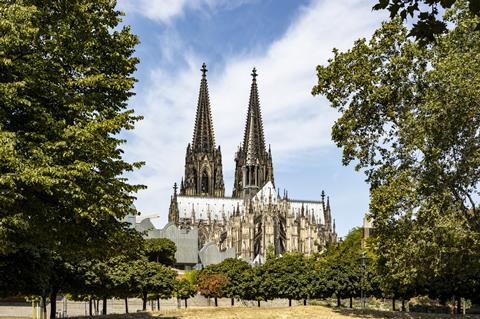
The crown jewel is the Kölner Dom, a breathtaking Gothic cathedral that took over 600 years to build. Head to the Chocolate Museum for a deliciously hands-on experience. Run by Lindt, it’s a chocoholic’s dream come true, offering a journey through the history and production of chocolate, complete with a mouth-watering chocolate fountain!
Take a short Rhine River cruise and get a different perspective of the city. Alternatively, for a bit of adrenaline-fuelled fun, head to Phantasialand theme park, a short drive from the city. It’s a perfect reward for students and a great way to let off some steam after a busy day of sightseeing.
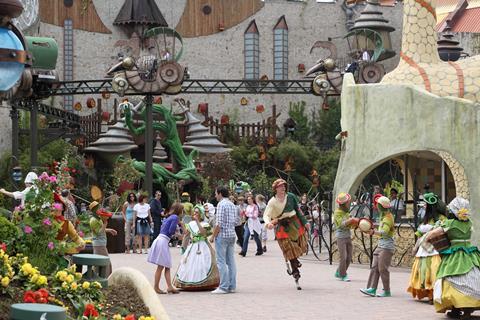
Alternatively, in a few years Eurostar will be operating direct trains from London to Frankfurt, making it even easier to travel between the two cities. As well as the city’s famous Christmas Markets, there are over 30 museums waiting to be explored at the Museum Embankment on Frankfurt’s riverbank, including the German Film Museum and Dialogmuseum, where blind guides lead visitors through a series of rooms in complete darkness.
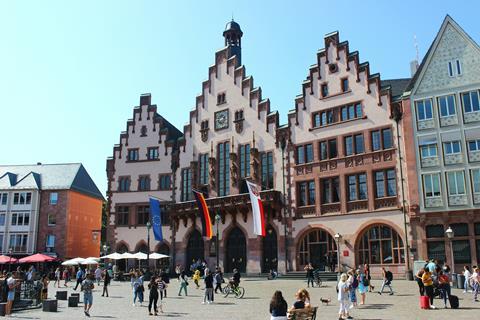
Northern Germany: maritime heritage and environmental studies
Germany’s ‘gateway to the world’, Hamburg, is a short flight away and perfect destination for a school trip. A harbour cruise will take you past massive container ships and into the historic Speicherstadt, the world’s largest warehouse district with stunning architecture. Here students can see the world’s largest model railway system, discover Hamburg’s dark history in the spooky dungeons, visit the International Maritime Museum, and the Automuseum Prototyp, which boasts rate prototypes from 70 years of automobile history.
Bavaria: where fairytales meet innovation
Head south to the heart of Bavaria and you’ll find Munich, a city that perfectly blends a rich, at times harrowing, history with cutting-edge technology and a lively, welcoming atmosphere. Munich is a brilliant alternative to Berlin for history trips, especially for students studying the Nazi era and the Holocaust.
A walking tour, focused on the rise of National Socialism, is a powerful experience. The Dachau Concentration Camp Memorial Site, brings the realities of history to life and the DenkStätte memorial by the White Rose Foundation offers a moving exhibition about the student resistance movement. While a visit to the Documentation Center Nazi Party Rally Grounds in Nuremberg will help students understand the complexities of propaganda and political manipulation.
But Munich is not just about its past. It’s a city of innovation. A visit to the BMW Museum or a factory tour is a must for any aspiring engineers or car enthusiasts. And the Deutsches Museum is one of the world’s oldest and largest science and technology museums, offering hands-on experiences through the ages. Students can explore medieval mining and renewable energy, robotics, and aviation.
For a touch of fairytale magic, a day trip to the spectacular Neuschwanstein Castle is an unforgettable experience. This iconic castle, which inspired Disney’s Sleeping Beauty castle, sits high in the Bavarian Alps and is a breathtaking sight.
And to the north of Munich, standing high on the bank of the Danube like a lost Greek temple, the Walhalla (Valhalla) museum is one of Germany’s most important national monuments. Based on the Parthenon, its name comes from the Germanic mythology and refers to the meeting place of warriors who have fallen in battle, making it an impressive day-trip from Munich.
The Black Forest and Southwest: innovation and tradition
If you’re after a trip that combines language learning with outdoor adventure and traditional culture, head to the Black Forest. This magical region, with its dense, evergreen forests and charming villages, feels like stepping straight into a Grimm fairytale. It’s an ideal destination for German language students to practice their skills in a more rural, authentic setting.
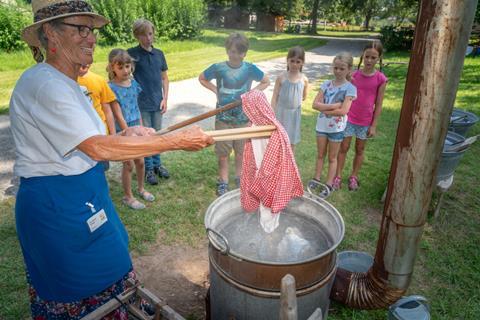
One of the best things to do here is visit a cuckoo clock workshop. Your students can learn about the history of this iconic timepiece and see a master craftsman at work. The town of Triberg is home to Germany’s highest waterfalls and a museum dedicated to the region’s traditions, from costumes to watch-making.
For a taste of traditional life, the Vogtsbauernhof Open Air Museum in Gutach is a collection of restored 16th-century farmhouses, where students can explore and learn about the customs and traditions of the Black Forest, including sampling a slice of authentic Black Forest gâteau.
Stuttgart is Germany’s technology capital. Home to Mercedes-Benz and Porsche museums that trace the evolution from horse-drawn carriages to electric vehicles.
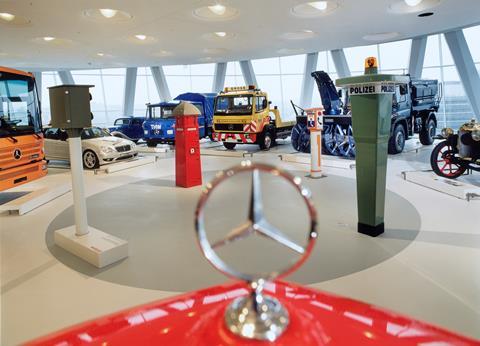
The Black Forest is also a gateway to other incredible European destinations. You could easily combine your trip with a visit to the beautiful French city of Strasbourg, just across the border, for a fantastic cross-curricular French and German language experience.
Central Germany: fairytales and philosophy
Combine literature, history and cultural studies with a journey along the Brothers Grimm Route through central Germany. Towns like Kassel, home to the Grimm Brothers Museum, and Göttingen, where they worked as professors, will help students understand folklore and the role of storytelling in forming a cultural identity.
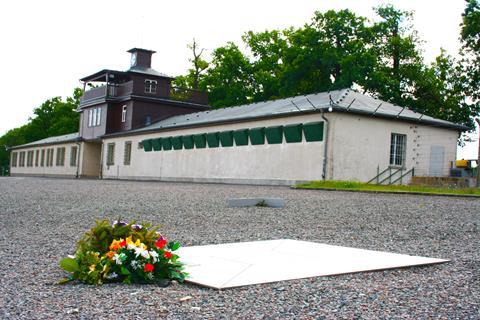
And in Weimar, students can explore the homes of Goethe and Schiller while examining how cultural achievements coexist with historical trauma. The nearby Buchenwald Memorial provides sobering lessons about human rights and moral responsibility, balanced with Weimar’s role as the birthplace of German democracy.
Germany is so much more than its capital city. From the rivers and towering cathedrals of the Rhineland to the fairytale forests of the south, and the cool, modern vibe of the north, there’s a different Germany waiting to be discovered for every subject and every student.
Look beyond Berlin and give your students a rich, diverse learning experience and a German adventure they’ll never forget!



